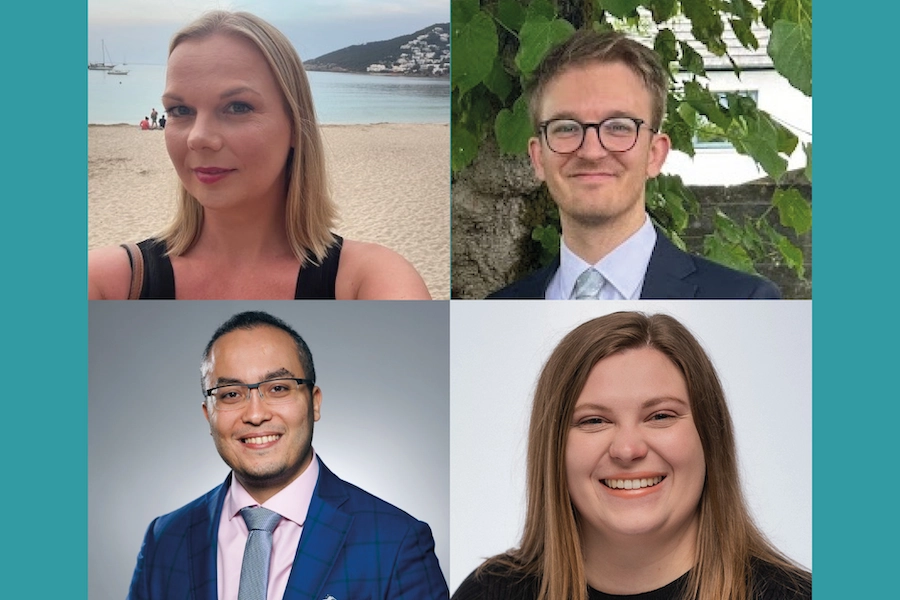If you are working on a technology in the quantum networking space, you could secure up to £2 million in grant funding from a new competition from the Small Business Research Initiative (SBRI).
The Quantum Networks, Enabling Components & Systems Grant is looking to support “the development of enabling components and systems for quantum network technologies”, building Britain’s position in this emerging and cutting-edge market.
Closing on 31 July, this grant will support projects with total costs between £1 million and £2 million and is open to UK-based organisations of any size. Unlike most Innovate UK competitions, this programme will cover 100% of your project costs, making it an especially lucrative opportunity for quantum innovators.
In this blog, I’ll help you understand whether your organisation and project are eligible for this grant.
For an easier route to determining your eligibility, speak to GrantTree. Our grants experts would be happy to perform a no-commitment eligibility assessment that will also tell you your chances of funding.
Is my organisation eligible for this grant?
When working out whether you’re eligible for a grant, there are two things you need to consider: your organisation and your project.
Let’s start with your organisation.
To qualify for SBRI’s Quantum Networks, Enabling Components & Systems Grant, you must:
- Be a UK-registered organisation of any size
- Work alone or with others from business, research organisations, research and technology organisations (RTOs) or the third sector as subcontractors
These criteria are about as broad as it gets when it comes to innovation grants – good news if you’re thinking about applying.
Is my project eligible for this grant?
The criteria for qualifying projects are much more precise.
I’ll break them down into the focus of your project, your project’s type, what you need to achieve, timing, and costs.
Focus
This grant is designed to fund further technical improvements on products, processes or services that are not “substantially set”, meaning there’s some way to go in the design and development process.
To qualify, your project must be focusing on one or both of the following areas:
- Techniques for securing data in storage and in flight
- Networking of quantum computers to advance information processing
Your project must use second-generation quantum technologies. This means technologies that involve generating and coherently controlling quantum states, resulting in phenomena such as superposition or entanglement.
Technologies involving single photon generation and detection are in scope.
Type
Your project can include the following kinds of work:
- Prototyping
- Demonstrating
- Piloting
- Testing
- Validation
These must be in service of new or improved products, processes or services in real-life operating conditions.
Feasibility studies aren’t eligible for this grant.
Delivery
At the end of your project, you must produce a deployable prototype.
During the project, you need to demonstrate your solution in a representative setting.
You will also need to engage one or more customers to demonstrate your project’s commercial impact.
Finally, you must carry out all of your project work in the UK and intend to exploit its results in or from the UK as well.
Timing and costs
In terms of timing, your project must:
- Start on 1 October 2023
- End by 31 March 2025
- Last between 12 and 18 months
- Have total costs of between £1 million and £2 million
Don't miss out on funding. Work with GrantTree.
As you can see, organisations have their work cut out to demonstrate that their project is eligible for SBRI’s Quantum Networks competition.
While many different types of organisations can apply, Innovate UK will be especially discerning in terms of which projects receive funding, in part because it is offering to cover 100% of project costs, a rare move for the agency.
If you want to maximise your chances of success, GrantTree is here to help.
We have an industry-leading success rate of 65%, meaning almost two of thirds of the grant applications we’ve worked on have been accepted.
Our team of PhD-level subject matter experts, writers, and consultants are standing by to support your application.
To find out more, just get in touch.





